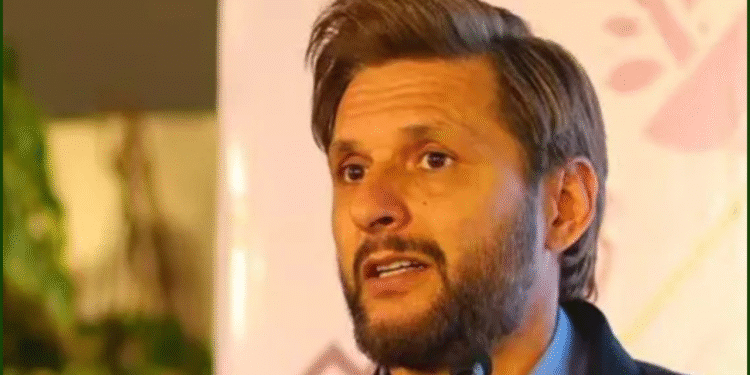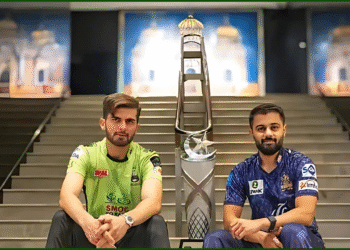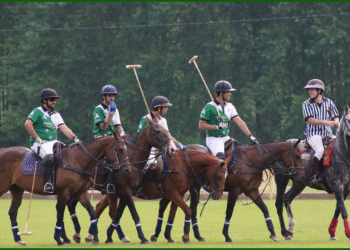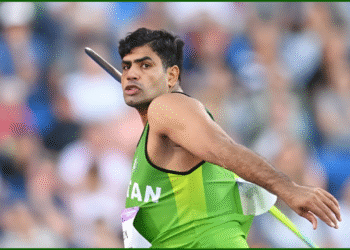In a significant escalation of tensions between India and Pakistan, the Indian government has reportedly blocked the YouTube channel of former Pakistani cricket star Shahid Afridi, along with several other Pakistan-based channels, following controversial remarks made by Afridi regarding the recent Pahalgam terror attack in Jammu and Kashmir.
The Pahalgam attack, which occurred on April 22, 2025, claimed the lives of 26 people, mostly tourists, and left several others injured. Indian authorities have attributed the attack to Pakistan-backed terrorist groups, a claim that has heightened diplomatic friction between the two nations. In response, Afridi, a prominent figure in Pakistan, used his platform to challenge India’s narrative, accusing the Modi government of fabricating claims to deflect from its own security failures.
Speaking on a Pakistani television program, Afridi stated, “India is trying to intimidate us, but our military’s strength and training far surpass their capabilities. They blame Pakistan for every incident, yet their massive troop presence in Kashmir couldn’t prevent this tragedy. This exposes their incompetence.” He further emphasized Pakistan’s stance against terrorism, saying, “Our nation and our faith stand for peace. We’ve been battling terrorism for decades.”
Afridi’s outspoken criticism, including his assertion that the Pahalgam attack was a “false flag operation” orchestrated by India, sparked a fierce reaction. His comments drew ire from Indian audiences and prompted a social media clash with former Indian cricketer Shikhar Dhawan, who condemned Afridi’s remarks as irresponsible. In a playful yet provocative retort, Afridi shared an image on X, dressed in a military-style shirt and holding a cup of tea, inviting Dhawan for a “chai” in a symbolic jab.
The Indian government’s decision to block Afridi’s YouTube channel, alongside 15 other Pakistani channels, including those of former cricketers Shoaib Akhtar, Rashid Latif, and Basit Ali, is part of a broader crackdown on content deemed “provocative” and “anti-India.” The Ministry of Home Affairs cited national security concerns, alleging that these channels were spreading misinformation and communally sensitive narratives in the wake of the Pahalgam attack. Users attempting to access these channels in India now encounter a message stating that the content is unavailable due to a government order.
This move has intensified the ongoing war of words between the two nations. While Indian officials argue that the ban is necessary to curb divisive propaganda, critics in Pakistan view it as an attempt to silence dissenting voices and control the narrative surrounding the attack. The blockade also raises questions about digital censorship and the role of social media platforms in geopolitical conflicts.
Afridi’s channel, which boasted millions of followers, was a significant platform for his commentary on cricket, politics, and social issues. The ban is expected to impact his reach in India, where he has a substantial fan base due to his cricketing legacy. However, his Instagram account remains accessible in India, as do those of other Pakistani cricketers, leading to speculation about the selective nature of the restrictions.
The Pahalgam attack has already strained India-Pakistan relations, with India suspending visa services for Pakistani nationals and expelling Pakistani military attaches. Prime Minister Narendra Modi, addressing the nation, vowed a strong response, stating, “India will pursue and punish every terrorist and their backers. Our resolve against terrorism is unbreakable.”
As the digital and diplomatic standoff continues, the ban on Afridi’s channel underscores the deepening divide between the two neighbors. With both sides digging in, the incident highlights the challenges of navigating truth, propaganda, and national pride in an era of instant global communication.


















































